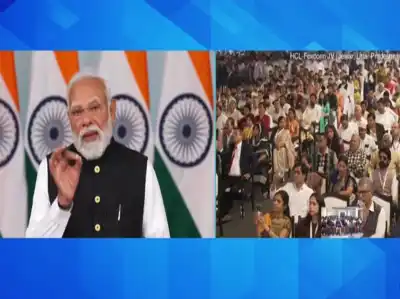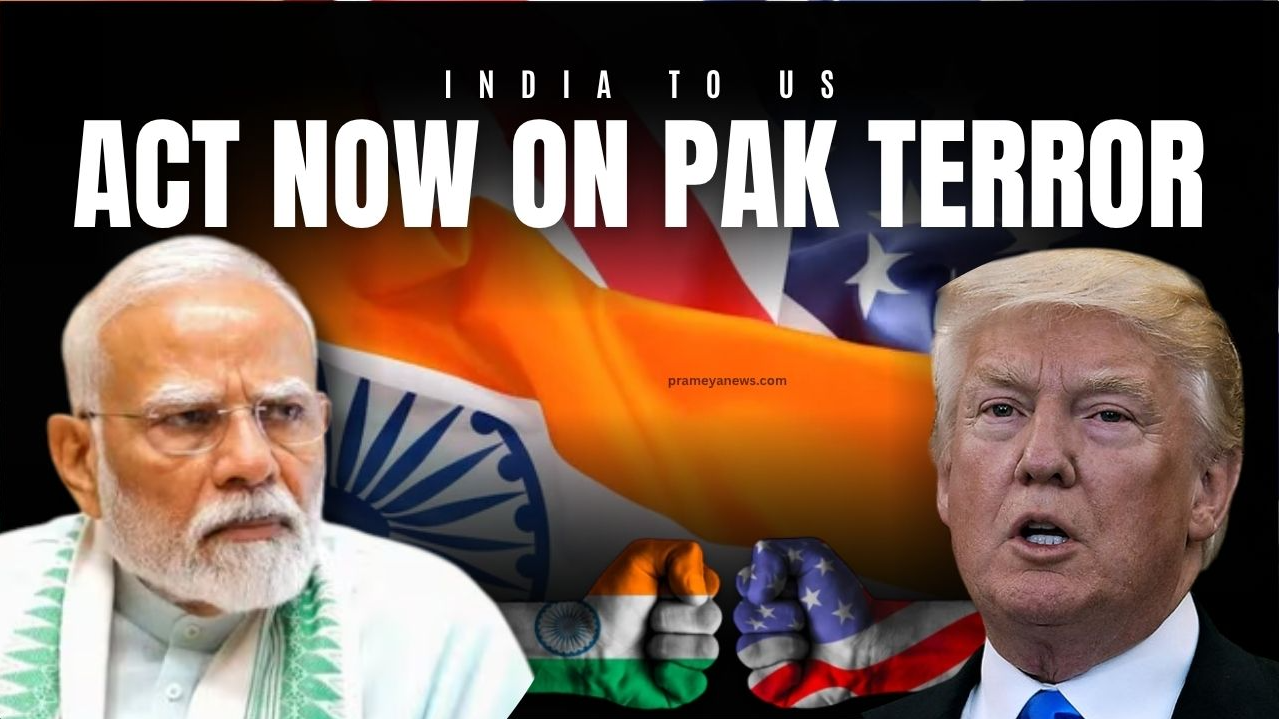

India States Its Clear Position on Regional Security and US Role
The recent military flare-up between India and Pakistan has ushered in a notable evolution in South Asia's strategic dynamics. This shift is characterized by India's more assertive military responses, a diminished tolerance for cross-border terrorism emanating from Pakistan, and a more discerning view of external mediation, even from strategic allies like the United States. While the latest confrontation was contained, it offered significant insights into India's changing regional power status and has prompted a re-evaluation of its expectations from global partners, particularly the US, concerning Pakistan's role in regional stability.
A defining aspect of the recent conflict was India's demonstration of enhanced aerial capabilities, including precision strikes deep within Pakistani territory. These operations targeted not just alleged terrorist infrastructure but also, reportedly, critical military assets. This signaled a clear message to Islamabad: any form of sub-conventional aggression, including state-sponsored terrorism, would invite a significant and costly military response. This doctrinal adjustment, which treats terrorist attacks on Indian soil as acts of war, establishes a new benchmark in regional engagement, where India appears more prepared to dictate the terms of engagement.
This period of heightened tension has brought critical points into sharper focus. It has effectively reset the bilateral rules of engagement with Pakistan. Islamabad can no longer presume plausible deniability for actions carried out by proxy groups; such acts are now likely to provoke direct military retaliation from India. The crisis highlighted what India perceives as a clear strategic alignment between China and Pakistan. China's delayed involvement in the conflict, coupled with reports of Pakistan using Chinese military equipment, strengthens India's view of China as a long-term strategic competitor. India believes this partnership with Pakistan aims to limit its regional influence.
And the role of the United States, particularly mediation efforts during the Trump administration, while successful in de-escalating immediate hostilities, also raised questions in New Delhi about Washington's approach to India's core security concerns. While US diplomatic intervention helped achieve a temporary cessation of hostilities, instances such as a presidential tweet perceived as creating a false equivalence between India and Pakistan, and linking the conflict to trade, were seen as lacking diplomatic sensitivity.
Consequently, this situation presents an opportune moment for India to clearly communicate its expectations to Washington. The central message is that India does not seek US arbitration in its disputes, especially concerning Kashmir, which it firmly considers an internal matter. Instead, New Delhi expects the US, as a responsible global power, to exert pressure on Pakistan to dismantle terrorist infrastructures and act as a rational state actor.
While India demonstrated operational successes, the crisis also pointed to areas needing continued focus. These include accelerating the indigenous production of advanced military technologies, enhancing cyber warfare and intelligence capabilities, and modernizing military command structures. Geopolitically, India has gained a clearer perspective on international alignments. While the US remains a vital partner, particularly in the Indo-Pacific, concerns persist about potential unilateral dealings with Pakistan. This understanding will invariably shape India's diplomatic strategies and long-term security planning, especially regarding nations that have shown closer alignment with Pakistan.
A persistent concern remains Pakistan's reported tendency towards nuclear brinkmanship. The international community has a role in addressing situations where a nation might use its nuclear arsenal as a shield for sub-conventional warfare. The responsibility for future strategic restraint, it is argued, should not solely rest with India. The recent events, therefore, mark a significant juncture, offering lessons that will likely influence India's strategic choices in the future.